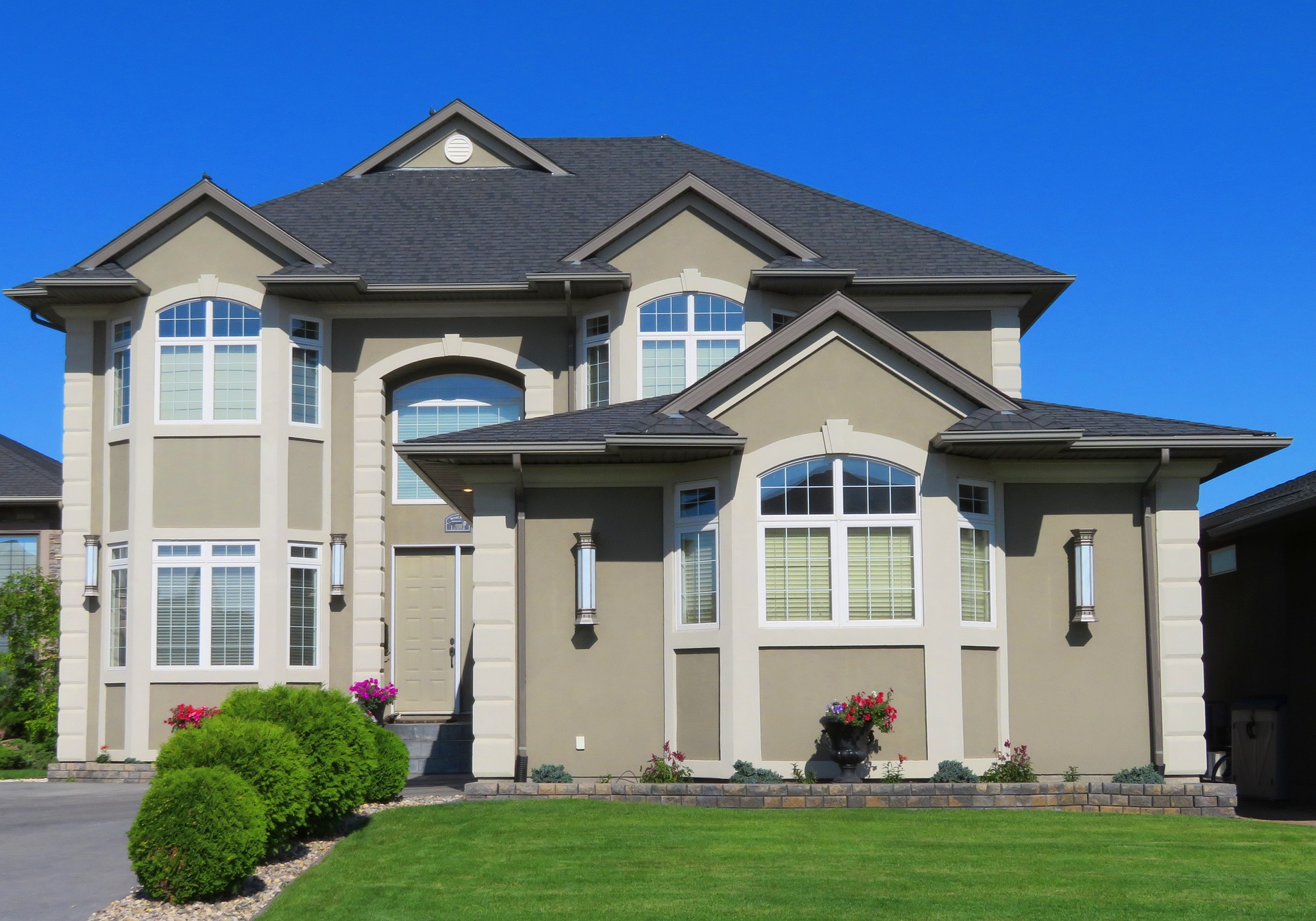Diving into the Potential of Repurposed Real Estate: A New Frontier for Investors
Introduction: In the dynamic world of real estate, innovation is key. One emerging trend catching the attention of investors is the repurposing of existing properties. This strategy not only offers economic benefits, but also contributes to urban regeneration and sustainability.

History and Evolution of Repurposed Real Estate
Repurposing real estate is not a new concept. In the past, factories, warehouses, and other industrial buildings were converted into residential lofts, offices, or commercial spaces. However, the practice has gained momentum in recent years, driven by shifts in market demand, technological advancements, and sustainable development goals.
Current Market Trends and Financial Insights
Repurposed real estate is now considered a viable investment strategy, providing opportunities for high returns. According to a report from JLL, investors can achieve up to 20% higher rental yields from repurposed properties compared to traditional real estate. The demand for such properties is driven by factors like urbanization, population growth, and the need for sustainable solutions.
Repurposed Real Estate Strategy: Advantages, Challenges, and Impact
This strategy offers significant benefits. It enables investors to capitalize on existing infrastructure, reducing development costs and timeframes. It also contributes to urban revitalization and sustainability. However, the process of repurposing can be complex and costly, involving regulatory approvals and extensive renovations. Despite these challenges, the repurposing of real estate has the potential to transform urban landscapes, benefiting buyers, sellers, and investors alike.
Backing by Research: The Numbers Speak
Research supports the potential of repurposed real estate. A study by PwC found that 78% of global investors are interested in repurposing commercial properties, driven by changing consumer preferences and market dynamics. Another report by CBRE indicates that repurposed properties have lower vacancy rates and higher rental growth than traditional assets.
Making Repurposed Real Estate Concepts Accessible
While the concept of repurposed real estate may seem complex, it’s important to simplify it for investors. In essence, it involves identifying underutilized properties, assessing their potential for different uses, and then transforming them to meet market demand. It is a strategic approach that requires market knowledge, creativity, and risk management skills.
In conclusion, repurposed real estate represents a new frontier for investors—a strategy that is not only financially rewarding but also contributes to urban regeneration and sustainability. As the real estate market continues to evolve, investors who can adapt and innovate will be the ones to thrive.




